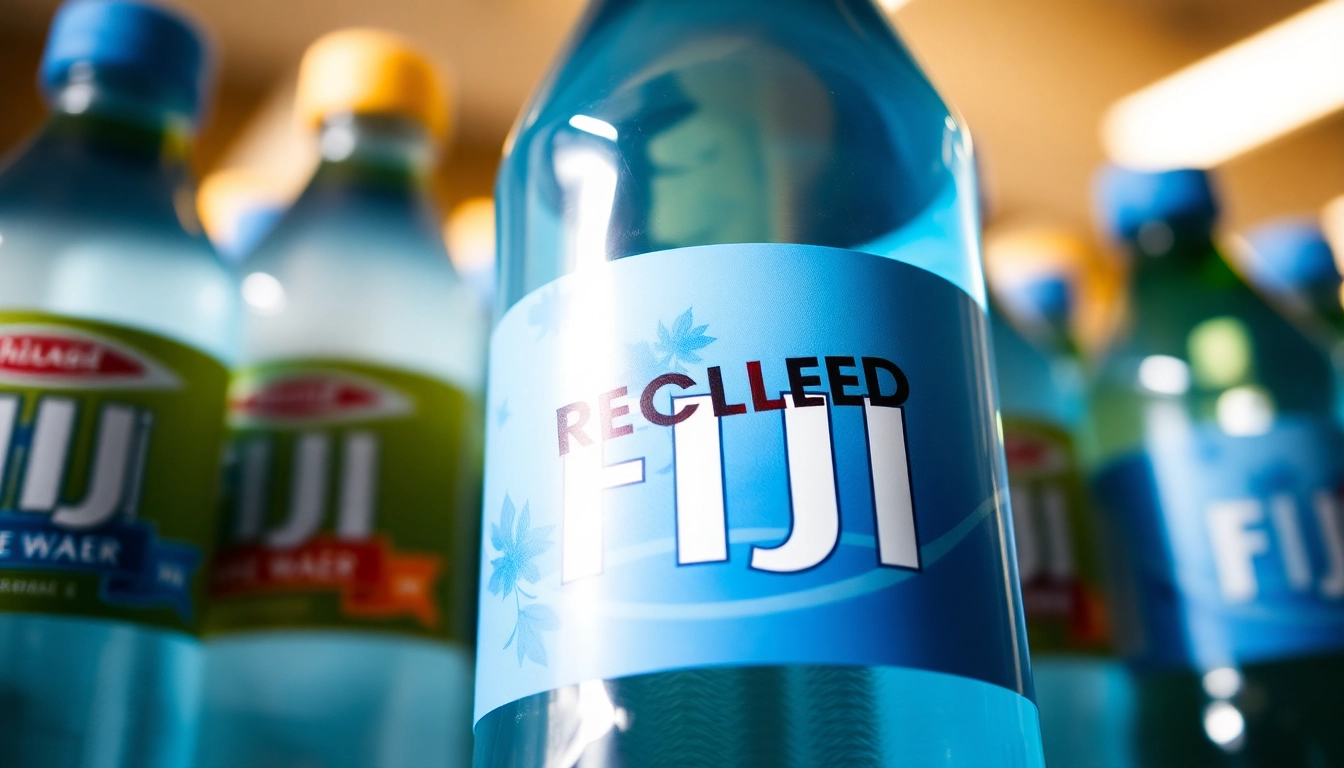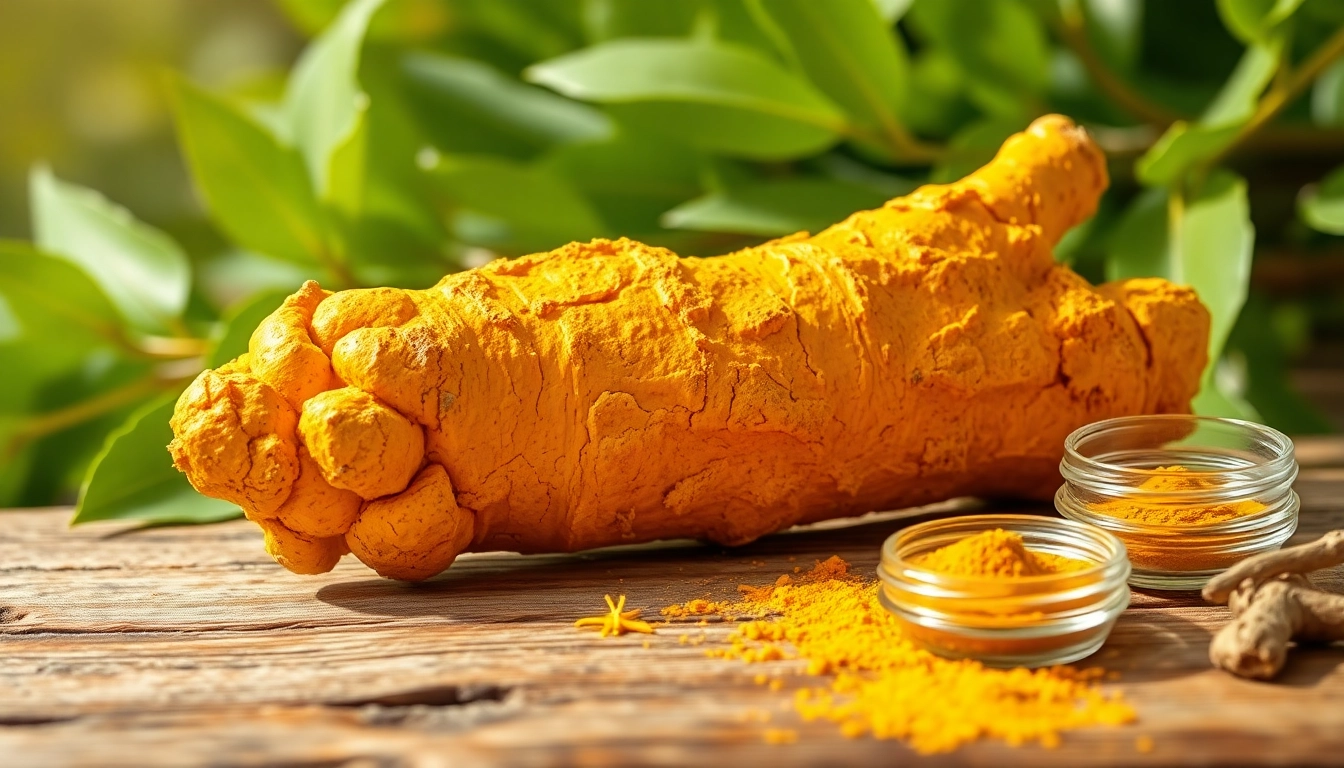Understanding the Fiji Water Recall
In May 2024, the U.S. Food and Drug Administration (FDA) announced a significant recall of Fiji Natural Artesian Water. The recall affected fiji water bottles recalled due to concerns regarding contamination. This recall encompassed approximately 78,533 cases, equivalent to about 1.9 million bottles of Fiji Water that were sold online, including through major platforms like Amazon.
What Caused the Recall?
The triggering factor behind this recall was the detection of elevated levels of manganese and specific bacteria in some of the water bottles. Manganese is a naturally occurring mineral, but in high concentrations, it can pose health risks, particularly to vulnerable populations such as infants and individuals with liver conditions. The contamination was serious enough to warrant a Class III recall, meaning the situation posed only a minimal threat to consumer health but still necessitated immediate corrective action.
The Scope of the Recall: Affected Bottles
The recall covered 78,533 cases of Fiji Water, which translates to around 1.9 million individual 500 mL bottles. These bottles, primarily sold online, were sourced from various retailers but have been particularly highlighted for those originating from Amazon. Each case typically contained 24 bottles, underscoring the scale of this issue and the potential for widespread consumption.
Official Statements from the FDA
The FDA issued a public statement following the discovery, ensuring transparency about the recall process. The agency emphasized its commitment to consumer safety and outlined steps for retailers and consumers to take in response to the incident. Furthermore, they monitored the situation closely to mitigate any risks associated with the contaminated products.
Health Risks Associated with Recalled Fiji Water
Understanding the public health implications of the recall is paramount. As consumers, awareness of potential health risks from contaminated water is crucial for making informed decisions about product safety.
Epidemiological Data on Contamination
While specific cases of illness directly linked to this recall are not well-documented, studies have indicated that excessive manganese intake—especially from sources like contaminated water—can lead to various health problems. Public health officials recommend vigilance in monitoring water quality and understanding the risks associated with drinking contaminated water.
Symptoms of Manganese Exposure
Manganese exposure at high levels can lead to neurological disorders, respiratory issues, and other health concerns. Symptoms of chronic manganese toxicity may include:
- Neurological Issues: Tremors, difficulty walking, and changes in behavior resembling Parkinson’s disease.
- Respiratory Problems: Coughing, shortness of breath, and lung infections.
- Mood Alterations: Anxiety, depression, and cognitive deficits.
Consumers are urged to remain vigilant for these symptoms, especially if they believe they may have consumed the contaminated product.
Precautionary Measures for Consumers
To mitigate health risks, consumers should refrain from consuming Fiji Water bottles involved in the recall. Notifying healthcare providers about potential manganese exposure may also be prudent, particularly for those exhibiting symptoms or with pre-existing health conditions. Additionally, staying updated through official health channels regarding product safety is key.
Consumer Action Steps Post-Recall
After a recall is announced, it’s important for consumers to know how to react effectively to ensure their safety.
How to Check if Your Bottle is Affected
Consumers can verify if their Fiji Water bottles are included in the recall by checking the label for production codes that match those listed in the FDA’s public announcement. It is essential to note the packaging date and the location where the product was purchased if available.
Returning or Disposing of Recalled Bottles
If you’ve identified any affected Fiji Water bottles, it is crucial to return them to the place of purchase or dispose of them properly. Many retailers will provide full refunds or exchanges for products that fall under the recall guidelines, showcasing a commitment to consumer safety.
Seeking Medical Advice if Consumed
Consumers who have ingested the recalled water should consult healthcare professionals for advice, particularly if they experience any related health symptoms. Medical professionals may recommend specific tests or treatments based on individual circumstances.
The Impact of Recalls on Beverage Brands
Recalls can have far-reaching implications for beverage brands, impacting their reputation, sales, and consumer trust.
Historical Context of Food and Drink Recalls
Food and beverage recalls are not uncommon, with several high-profile incidents in history that have drawn media attention. These occurrences often trigger public backlash and place immense pressure on companies to address safety concerns effectively. Past case studies illustrate that how a brand reacts to a recall can significantly influence its reputation and future success.
Brand Trust and Consumer Relations
Maintaining consumer trust is critical after a recall. Brands must communicate openly and transparently with their customers. Effective crisis management strategies include timely updates, clear information about safety measures taken, and ongoing support for affected consumers. This approach can be crucial for rebuilding trust.
Strategies for Rebuilding Brand Confidence
Fiji Water, like many other brands facing a recall, must focus on strategies to regain consumer trust. Successful recovery may involve:
- Enhanced Quality Control: Implementing stricter safety and quality measures to prevent future issues.
- Transparency: Keeping consumers informed about product safety practices and recall updates.
- Community Engagement: Engaging with the public through social media, town hall meetings, or surveys to understand consumer concerns better.
Keeping Updated on Future Recalls
Staying informed about recalls and product safety is essential for health-conscious consumers.
Using Official Channels to Stay Informed
The FDA provides ongoing updates regarding food safety recalls through its official website and social media channels. Consumers should regularly consult these official sources to receive accurate information about recalled products and safety alerts.
Community and Online Resources for Alerts
Several online platforms and apps specialize in tracking and notifying users about food recalls. These resources can be invaluable for consumers wanting to stay informed about specific brands or products they frequently use.
Understanding the Role of FDA in Product Safety
The FDA plays a critical role in ensuring the safety of food and beverages through regular inspections, testing, and consumer alerts. Understanding its processes can help consumers grasp the significance of recalls and trust that safety measures are in place to protect public health.



